Krystian Kamiński
Then reset. Donald Trump's administration is set to reset with Russia, normalizing relations with her. Well, there's reason to believe Trump's treating Moscow as a constructive partner.
The phrase about the reset sounded rather virtually from the mouth of a peculiar U.S. envoy for Ukraine and Russia Keith Kellogg. "In president Trump's approach to this war, there is besides a broader strategy that is based on the realisation that the United States must reset relations with Russia," said the retired general, whom our Ukrainianphiles presented as 1 who would powerfully advance Washington's anti-Russian policy line in the Archeo-Reaganist spirit. In a way, he was besides seen in Moscow, and not including him in the squad that initiated the talks with the Russians in Riyadh could be read what way to meet their expectations.
Kellogg in his Thursday speech at the Council on abroad Relations forum emphasized what I have been writing about for a long time. The fresh approach is not joyful creativity, the improvisation of the fresh president of the United States, but the reaction forced by changing conditions – "More isolation and deficiency of commitment to talks with Russia during the war in Ukraine are no longer a viable or sustainable strategy".
These conditions are in a much broader position than the situation and interests of Ukraine. Kellogg of the beginning acknowledged that Washington's goal is to “break this axis that we are presently observing, which is of a global nature and which poses a real threat to the United States of America.” Americans realize what does not scope many Poles – the US no longer have the strength to be a hegemon and gotta balance. They must not let the consolidation of the Chinese-Russian partnership, supported by the atomic DPRK and atomic law of Iran, and gaining strong grips and influences on continental Asia and the full Global South through BRICS and the Shanghai Cooperation Organisation.
Kellogg spoke rather harshly about Ukraine and stressed that the U.S. position in the conflict of the erstwhile with Russia is not the position of Ukrainian ally. Washington wants to presume the function of an “objective peacekeeper”. Kellogg referred to president Theodore Roosevelt. It's a very crucial reference. This president (not to be confused with F. D. Roosevelt from the Second planet War) is simply a politician who openly expressed his departure from isolationism and liberal missionaryism in abroad politics highlighting, sometimes in a brutal way, a realistic paradigm of reasoning about global relations. Roosevelt is, among the American presidents, possibly the most striking example of specified an approach alongside William McKinley... whom he referred to in his inaugural speech Donald Trump.
T. Roosevelt's character is besides crucial in Kellogg's message that he was awarded the Nobel Peace Prize for mediating the end of the Russian-Japanese War in 1905, considered previously widely as a sympathizer of the nipponese case, nevertheless they retained neutrality and led to a reasonably compromised signing at the conference, especially in comparison to the nipponese military victories, of the Portsmouth peace treaty, which was the hand of Russia. The Anglo-Saxons then gave their hand to Russia in the name of the balance of forces and in East Asia and Europe.
Proxy war
Trump's attitude towards the war in Ukraine was equally openly presented in the second crucial speech of fresh days. In a Wednesday interview with Fox News, whose written version was published on the State Department's website, the head of American diplomacy deconstructed in turn all the communicative that was being developed in Ukraine and the West about the war.
“It was clear from the beginning that president Trump saw this as a prolonged, stalemate conflict. And frankly, this is simply a replacement war between atomic powers – the United States, helping Ukraine and Russia – and must end," Marco Rubio said. The importance of this message is to give Russia the right perspective. The Russians have all their actions towards Ukraine, not only since 2022, but in fact since the beginning of Vladimir Putin's rule, justify precisely that they cannot accept the inclusion of Ukraine in the western bloc, due to the fact that this means a extremist degradation of their influence, position, importance on the global stage.
"The plan of the Ukrainians so far and their allies at the Capitol and the people you talk to in another countries is to simply give them as much as they need, as long as necessary. This is not a strategy," Rubio said, expressing his conviction that Russia, despite its faults, is on the way to a military triumph – "On the Russian side, of course, at the beginning of this conflict they had problems. They're a bigger country. They've made any progress. However, the Russians will not escape either.”
Rubio is evidently right. In Ukrainian politics since the "Orange Revolution" in 2004, there has been a trend of joining the Western bloc. The decada that followed was a decade of interior rivalry and balance of the 2 Ukrainian camps—looking more towards the West and looking more towards Russia, although these camps were flexible and in both was a strong tendency to balance in the function of buffer, in the name of keeping Ukraine as a confederation of oligarchical interests.
When Yanukovych refused to sign an association agreement with the EU in 2013, thus taking a step 1 way, the Ukrainian pro-Western camp turned over the table, performing a street revolution. 1 part of oligarchy and Ukrainian society has overthrown, from street level, the power chosen by the another part of oligarchy and society. It was an increase of competition to a fresh level, but the choice that any Ukrainians made at the time was made under conditions shaped by the policies of the then western bloc (today deconstructed by Trump), which created this Ukrainians a vague possible of full joining this block and supported this camp politically, diplomatically, financially and propagandaally. Russia reacted by moving the rivalry to the level of military escalation, uncovering in Ukraine, which in Poland does not pass through the throat of almost anyone, its supporters – due to the fact that the previously outlined division of Ukrainian society had a territorial dimension.
As a result, the pro-Western camp, affirming its dominance in Ukrainian society, at the same time became the satellite of the western block without any area for manoeuvre. He ended up in a situation entirely dependent on the March of this block... which is now in the seams and whose leader is making a complete reassessment of his abroad policy.
Broader Game
Volodymyr Zelenski knows this well, which is why he has already tucked his tail in, as opposed to the White home dispute, that he besides very much wants fast peace negotiations. Only to learn from Trump that the agreement on the exploitation of Ukrainian natural resources and infrastructure will now be "deepened", which may mean changing its records to even more beneficial for Americans, than those included in the task which the president of Ukraine was to sign on 28 February and alternatively chose a rhetorical duel against Trump and his vice president.
Rubio's statement, apart from extinguishing emotional narratives widespread by Ukraine in Western societies, is simply a decisive declaration – the war in Ukraine is our game and from now on we will play it differently. Now Zelenski will gotta prove to the US authorities that Ukraine is worth more to them than Russia. There's no another option. Europe, with its bombistic political-military announcements for this moment, is not a credible option, and even if it were to take these announcements as a good coin (and I do not take it), it will not be specified an option for years.
How valuable, on a global scale, Russia is to Washington, besides attest to the American will to usage them as a mediator in talks with Iran. It is not essential to explain that Trump has already proved emphatically in the past that mediate East theatre and Israel's position on it are more crucial to him than east Europe.
Conclusions? The U.S. authorities are trying to scope agreement with Russia in a thoughtful and systematic way. Given the fresh signals in the fresh administration of the request for a fresh atomic arms agreement and the very firm position of Moscow pointing to proposals for a fresh order across east Europe from the end of 2021 as a starting point, it can be assumed that the Americans will negociate with Russia a wider scope of issues than only Ukraine.
In Poland, of course, everyone is calmed by Trump's statements that he is “very committed to Poland”. However, he did not answer straight the question whether he would keep military forces in Poland. The problem is that the phrase about engagement fell during the fight with Zelenski and it was easy to perceive them as a rhetorical figure, designed to argue the attitude of the humble Polish hardness of the Ukrainian president. So far, the Trump administration lacks specifics on safety relations with our country. At the same time, it is interesting that we do not announcement that in the same conversation writer Marek Wałkuski asked the president of the United States about the Baltic countries. Trump, unlike Poland, clearly suspended his voice, wondering what to say after which he stated "this is not an easy environment for them ... we will be engaged", after which he suggested the request for greater engagement of European NATO members, due to the fact that they are their "obligations".
What does this sound like in the face of the orders of Secretary of defence Pete Hegseth to reduce U.S. defence spending annually by 8% for the next 5 years and to set these reductions on Europe?
PiS twine
I wonder about the carelessness of the Law and Justice camp. With which, in the face of the precedence of the fresh US authorities to agree with Moscow, its politicians extend in an increasingly necky spate while maintaining an attitude of complete assurance in Donald Trump's action and radically anti-Russian rhetoric. As far as I follow his representatives, they are divided into 2 kinds. any say Trump is playing a sophisticated game to deceive and defeat Russia. Others think Trump may or may not want a reset, but in the face of Russia's tenacity, he will radically turn against her erstwhile she has a profession.
Only the second calculation seems to have any basis. Given Trump's strong attachment to circumstantial assumptions and the nature of these political assumptions, this profession can be postponed in time. In my opinion, however, Trump consistently focuses on the imagination of a global performance of powers and depriorizes Europe, where there are no real powers, which can find the degree of concessions allowed by him towards Moscow more than in the time of the reset of Barack Obama. In the model of the Trump Powers concert, he can anticipate Russia not to extremist break up with China and join US politics towards it, but only to distance, to lavender, to take into account, or even to be neutral with the most crucial American demands and interests. An example of the Iranian issue already mentioned. Deideology of American abroad policy is to be an additional argument.
Under specified conditions the delirium on the horizon of at least a periodic agreement of the American-Russian Polish political elite, but besides a broader opinion-making, media must definitely rethink its behaviour. The confrontational rhetoric and gestures towards Russia must be silenced. Work intellectually on her influence in the russian zone.
Regional agreements with the Nordic and Baltic states will not balance a possible American-Russian agreement, and commitments to the 3 Baltic republics can drag us into a swamp of war that without the direct and mass commitment of Americans is unwinnable. Even with them, she's hard to win. The attitude of France and Germany is important. Only do we believe that these countries and societies in crisis, political, economical and financial, and above all cultural-social and their traditions of cooperation with Russia, will be active and crucial players in east Europe, conducting policies as our hawks want? Do we believe in Emmanuel Macron, Friedrich Merz and their facilities?
Mentzen Route2025. The list of localities to visit in the close future is available at: https://www.facebook.com/slawomirmentzen/events and on the website == sync, corrected by elderman ==.
Entry RESET pochodzi z serwisu Confederation.

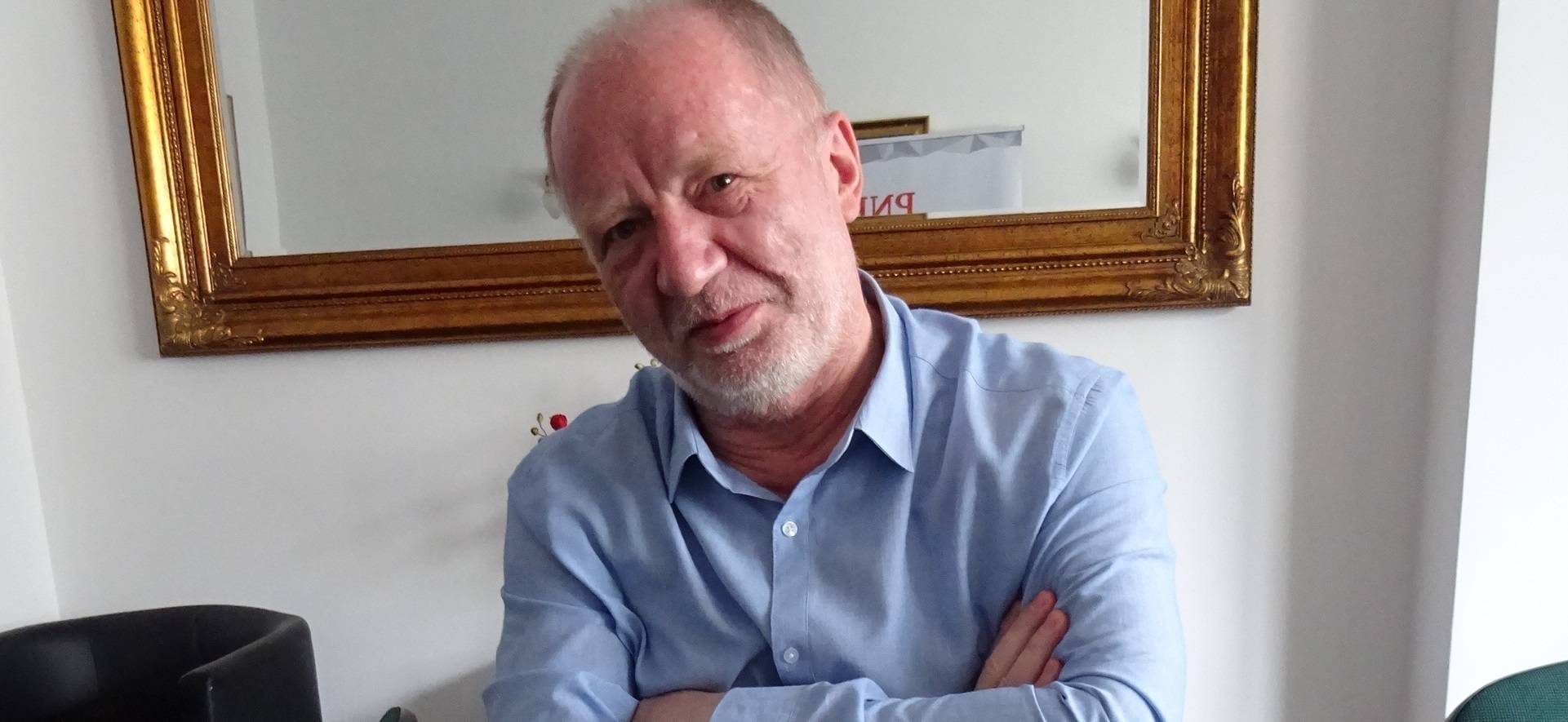

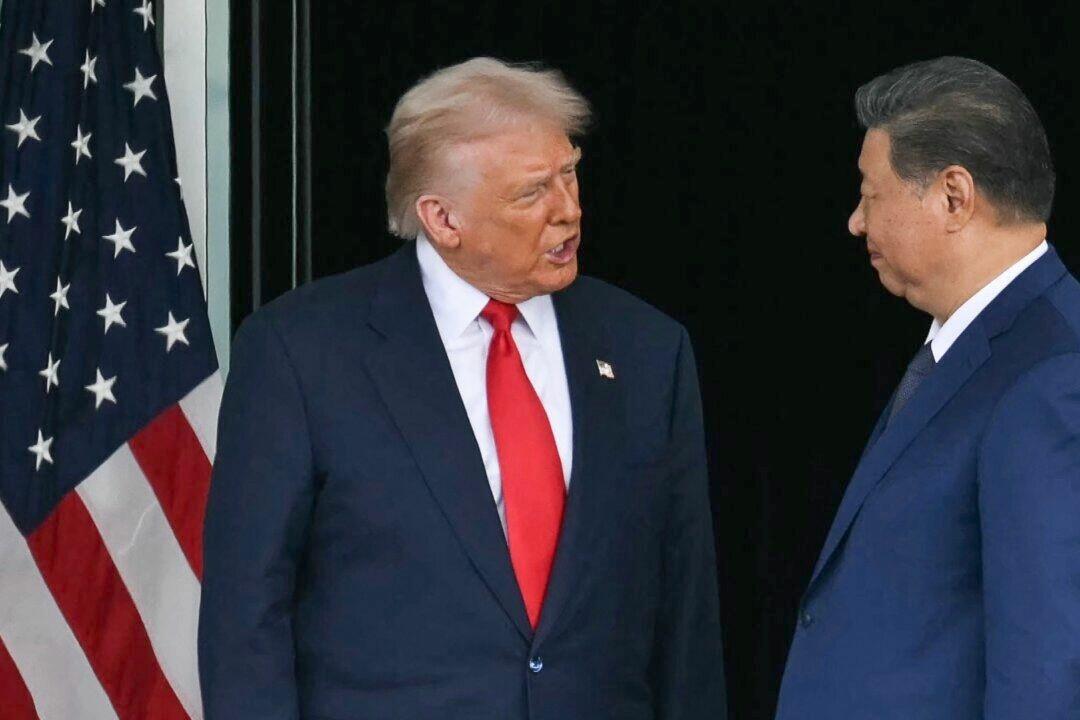
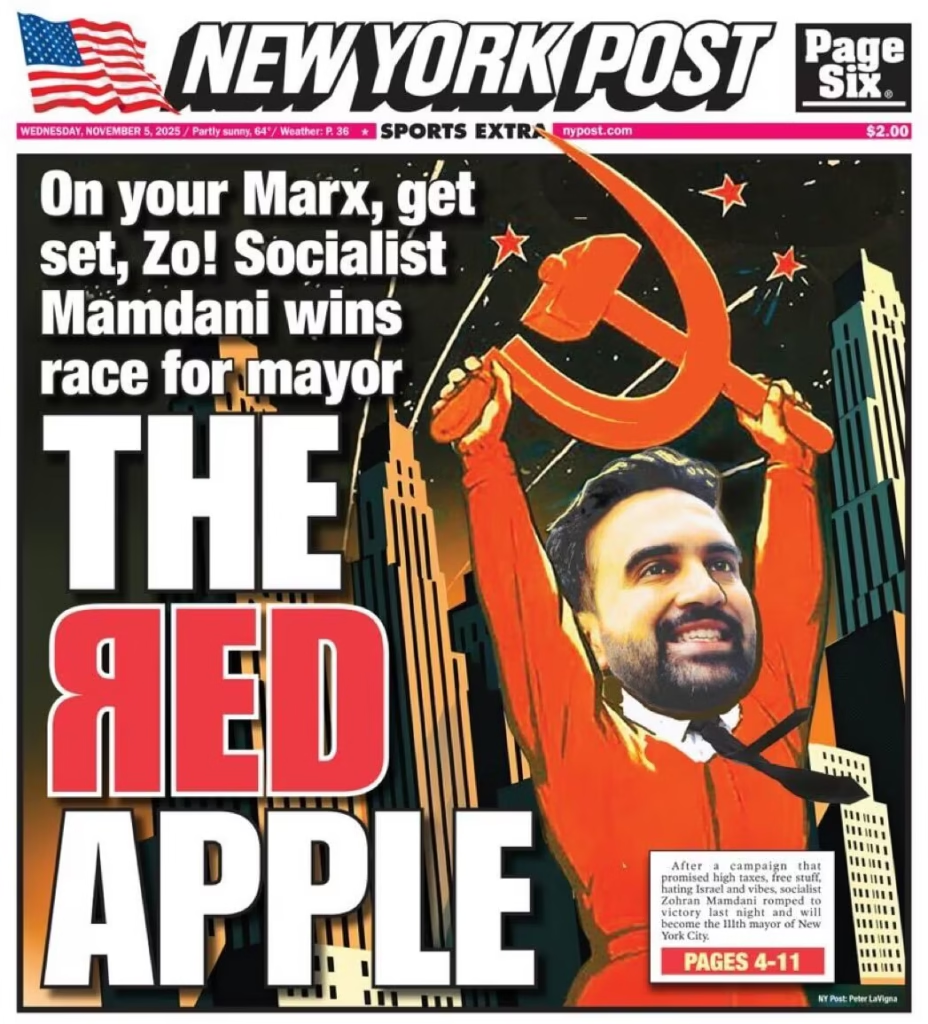


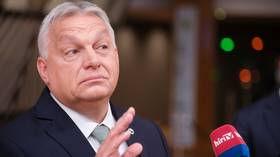
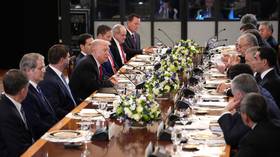



![Karta Rodziny Mundurowej wkracza do Sejmu. Frysztak: nic nie stoi na przeszkodzie, by poszerzać grono uprawnionych [WYWIAD]](https://cdn.defence24.pl/2025/11/05/800x450px/0Yt7M1tzNYllfs9JACKlyaCkRybQn0D6JoxRbblo.voli.webp)





